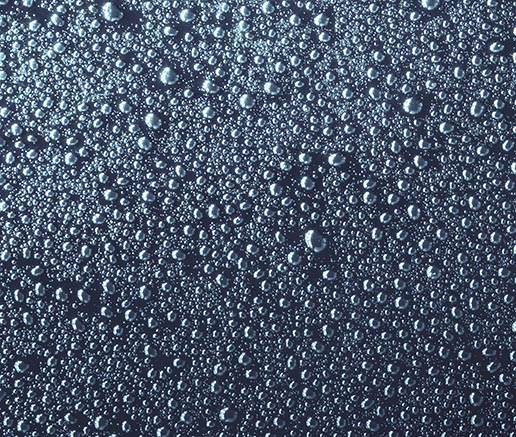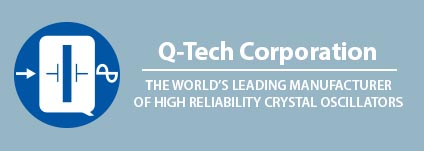Test Methods
- Visual Inspection
- Shock
- Vibration
- Temperature Cycling
- Seal
- Solderability
- Thermal Shock
- Steady State Life
- Ambient Pressure
- Constant Acceleration
- Destructive Bond Pull
- Salt Spray
- ... and Many More

SCREENING TEST AND QUALITY CONFORMANCE FOR ALL MIL-PRF-55310 PRODUCTS
Screening tests are standard for all MIL-PRF-55310 products. Q-Tech Corporation will customize screening and test procedures to meet your specific requirements.
For space level products, Q-Tech offers Screening and Quality Conformance testing in accordance with - or superior to - MIL-PRF-55310 and MIL-PRF-38534. Our application notes describing the differences in these requirements can be found here and here.
Q-Tech Corporation also offers Screening and Quality Conformance testing in accordance with EEE-INST-0002, Level 1 (see option N).

- INTERNAL VISUAL per MIL-STD-883, Method 2017 and 2032
- STABILIZATION BAKE (Prior to Seal) per MIL-STD-883, Method 1008, Condition C (150ºC)
- TEMPERATURE CYCLING per MIL-STD-883, Method 1010, Condition C (-55ºC to 125ºC)
- CONSTANT ACCELERATION per MIL-STD-883, Method 2001, Condition A (Y1 Axis only, 5000g)
- FINE LEAK per MIL-STD-883, Method 1014, Condition A1, A1, or B1
- GROSS LEAK per MIL-STD-883, Method 1014, Condition B2, B3, or C
- PRE BURN-IN Electrical Test, Output Frequency and Waveform at nominal supply voltage, Specified Load, +23ºC ±1ºC (OPTIONAL)
- BURN-IN (Load) Energized oscillator, with nominal supply voltage and burn-in load, is tested at 125ºC for 160 or 240 hours min.
- FINAL ELECTRICAL TEST: Input Current Power, Output Frequency, Output Waveform, and Output Voltage Power are tested
